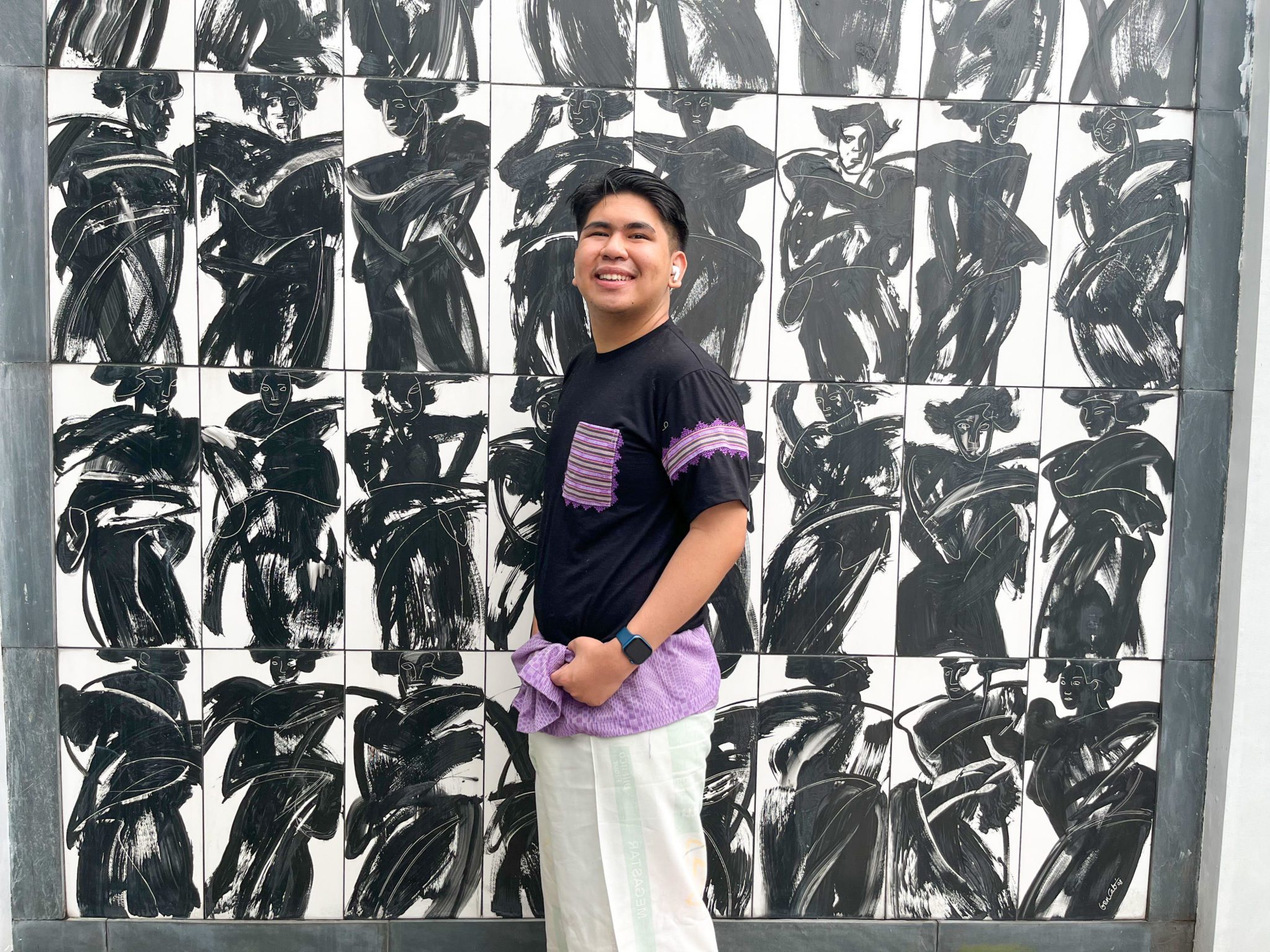By Elaine Smith
Qjiel Mariano is living proof that approaching endeavours with passion and commitment can lead to unexpected opportunities, such as a Tentanda Via Award scholarship to York University, thousands of miles from home.
Tentanda Via – the way must be tried – Awards reward student leaders/changemakers who are pushing boundaries by demonstrating commitment to progressive and sustainable development initiatives by making a difference, and Mariano certainly fits the description.

As a high school student in Manila, the Philippines, what began as a school project turned into a passion for improving the lives of impoverished urban dwellers. He volunteered at Manila North Cemetery, a spot where more than 10,000 families have created makeshift homes in the mausoleums with no electricity or running water. He assisted the children living there with their reading and writing, because many of them were having difficulties in school.
The project ended, but Mariano’s involvement did not; he returned frequently to lend a hand and he began advocating with politicians and diplomats to bring more attention to the community living in the cemetery's plight. Armed with the knowledge on improving literacy rates through publishing a storybook, he and his peers worked on Ladders to Literacy, collaborating with the cemetery’s children to create a storybook that measured literacy while teaching them about the United Nations Sustainable Development Goals (SDGs). This creative effort earned the group the prestigious 2021 ESD [Education for Sustainable Development] Okayama Award, a coup for students competing against projects created by municipalities and researchers.
Mariano, by then a university student, was among those who presented the project to the ESD Forum and it was there that he first learned about York University. Okayama University works with York International in supporting York’s Go Global SDGs in Action Challenge, an annual program to empower York students and their peers around the world to take action towards the achievement of UN Sustainable Development Goals (SDGs) with a global lens and York International staff took part in the forum.
Intrigued by York’s involvement with the U.N. SDGs, Mariano researched the university and decided to transfer here to take advantage of its undergraduate program in global health in the Faculty of Health. Having worked with an impoverished community, he realized that there are many factors involved with poverty and wanted a wider perspective.
“I wanted to focus on a profession that solves the challenges of the world and global health offers more opportunities for a broader impact,” Mariano said. “I want to be a doctor and I am impressed by the medical schools in Canada where they add a layer of training in social equity and humanitarian aid that you don’t get elsewhere. In my undergraduate program I will get an understanding of health policies and they should be a good steppingstone to medical school.”
“I also have seen that York produces amazing Filipino graduates like Dr. Eileen De Villa, the medical officer of health for the City of Toronto, and Rowena Santos, the Brampton city councillor.”
“As Dr. De Villa told me, “To whom much is given, much is expected,’ and I see this as an opportunity to share my resources.”
Mariano is dedicating his scholarship to the residents of the Manila North Cemetery and his family, especially his mother, Dr. Jocelyn Mariano. “My mother would always remind me to do everything out of love -- and her work as an obstetrician in the Philippines made me witness the inequities to health access women receive, especially those living in remote communities.”
“My grassroots work for communities in the Philippines has led me here,” he said. “It moved me, and I hope to reach out to institutions at York like the Young Lives Research Lab and the Dahdaleh Institute for Global Health Research to see if they can offer help.”
Today, his work involves creating the next generation of youth leaders who live inside the Manila North Cemetery through the Street Smarts Fellowship. Together with involved stakeholders, they chose five youth to be mentored on ways to address the issues in their community.
“What I have learned so far in the Global Health Program is that we should be enablers and that the people living in these conditions understand what they need better than we do – which is why I created this initiative that I hope to incubate at York.”

